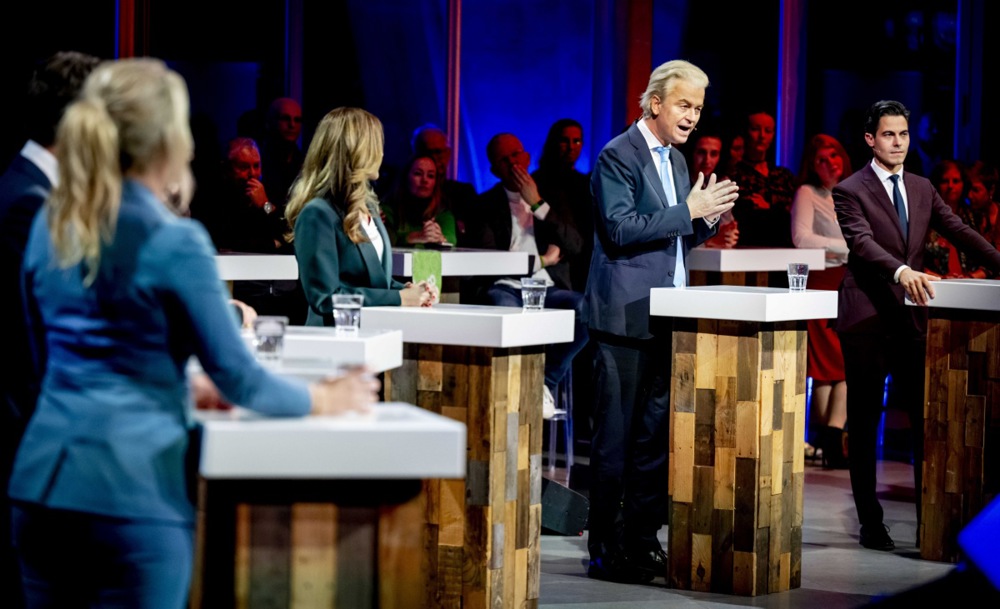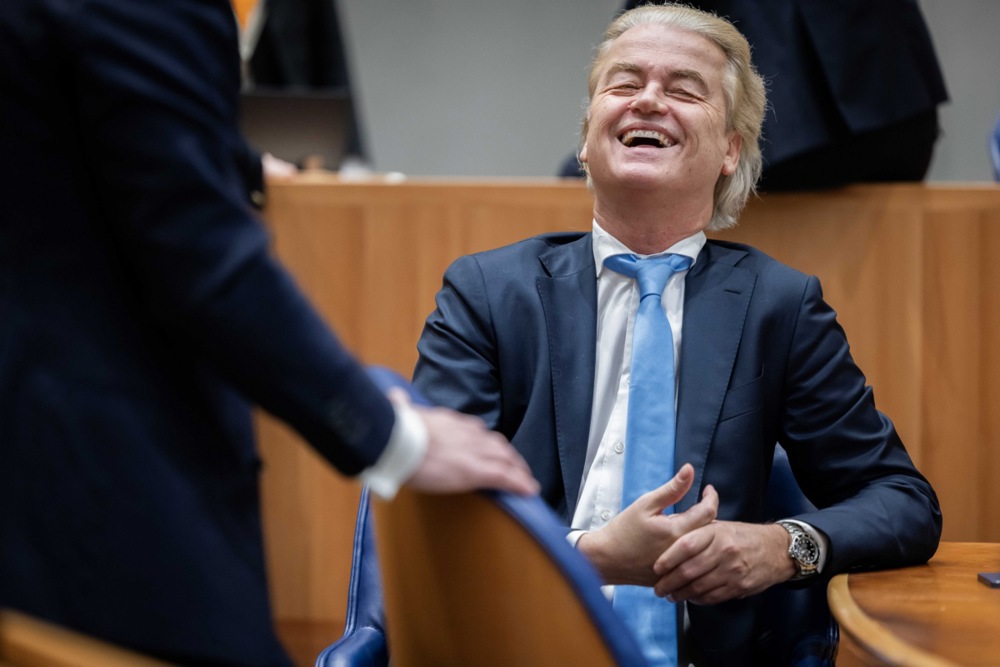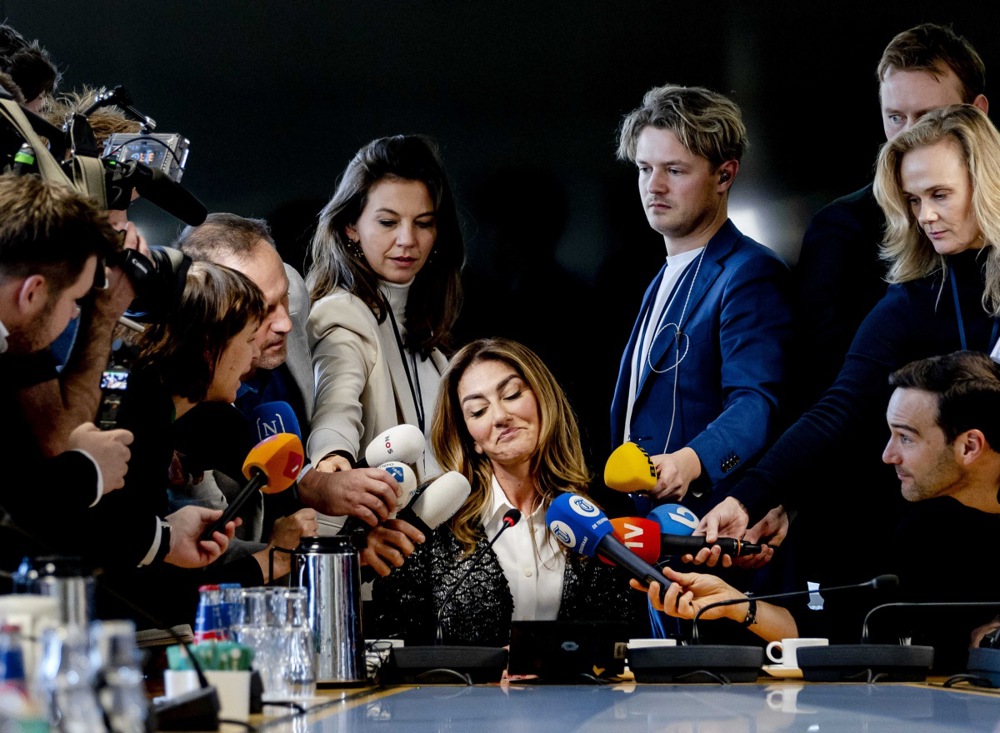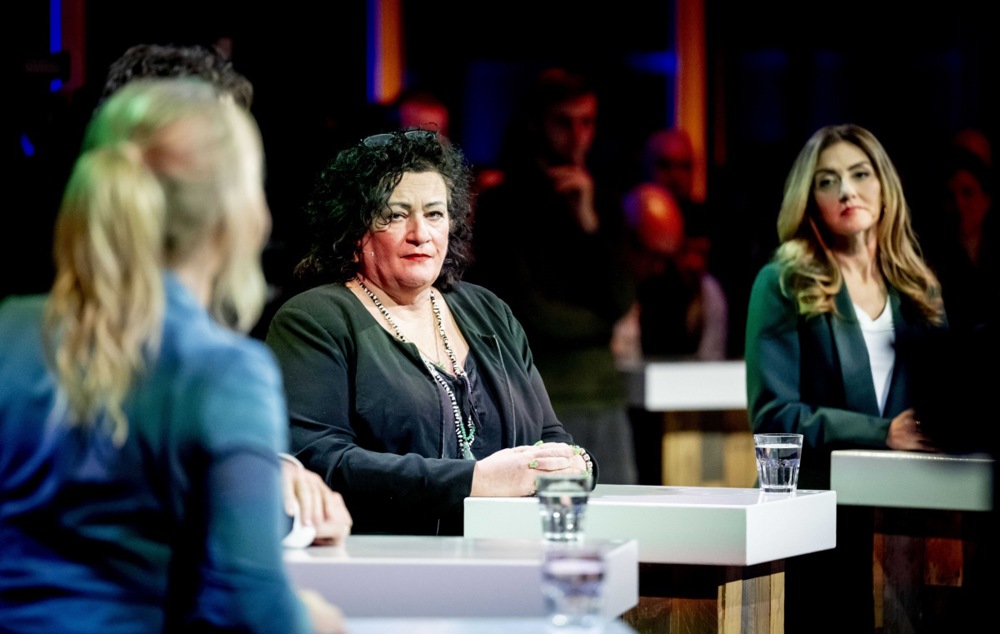In a move designed to appease his colleagues, Geert Wilders and his Freedom Party have formally withdrawn three controversial legislative proposals.
The move is part of an effort to sound more moderate and therefore more appealing to broader parts of the Netherlands’ population since the November 2023 elections.
In a letter to the Speaker of the House of Representatives Martin Bosma, also of the Freedom Party, Wilders said he was formally withdrawing the proposals.
One aimed to ban “certain Islamic expressions”, including the possession, sale or distribution of Qurans. Attending Islamic schools was also to be banned on pain of up to five years in jail. Under that proposal, a single visit to a Mosque could have earned the visitor a few months behind bars.
The Dutch Council of State described this idea as going against “essential tenets of the democratic rule of law” and claimed it sought “to establish that Islam is not a religion but a violent totalitarian ideology”.
Another proposal aimed to ban those with multiple nationalities from holding official positions and deprive people with dual passports of the right to vote. The explanatory note assumed it would concern 1.3 million people who have Turkish or Moroccan nationality in addition to Dutch nationality.
The third proposal sought administrative detention for suspected jihadists for a maximum of six months without the intervention of a judge and before any conviction. The Council of State ruled that the proposal “overshoots the mark in a way that is not acceptable in a constitutional State”.
While there was no support for these proposals among other parties and no possibility they would become law, their withdrawal is seen as a signal of Wilders continuing his less confrontational stance, despite earlier promises of never going back on his word.
The Farmer-Citizen Movement party welcomed the move, describing it as “a nice step in the right direction”.
In a reaction to the Telegraaf newspaper, it said members “hope to continue talking about other important, substantive issues in the coming weeks”.
The parties involved in forming a new government discussed a number of topics before the Christmas break, including the Constitution, fundamental rights and the rule of law.
Ronald Plasterk, who is leading the negotiations to form a new government, had said the Christian Democratic centrist Pieter Omtzigt was critical of the rule-of-law side of Wilders’ programme, with the liberal-leaning VVD party also having similar worries.
Earlier, Wilders said that if he accepted responsibility for governance, he was prepared to put contentious initiatives “on ice”.
Other parties have remained silent in light of the ongoing negotiations. The Freedom Party, the liberalist VVD party, the centrist NSC party and the Farmer-Citizen Movement are still discussing the formation of a new cabinet.





